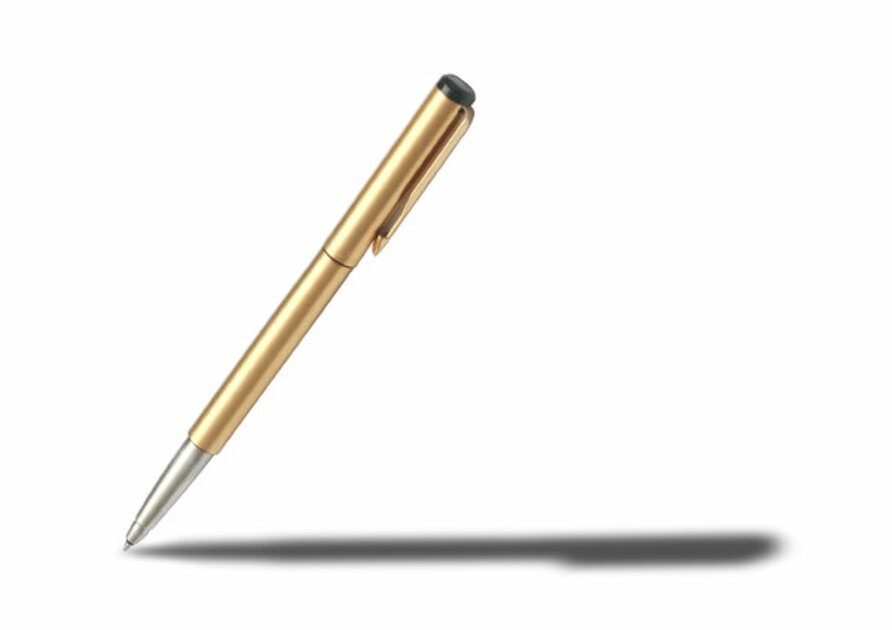
The Gemara quotes a verse in Hoshea (4:12) that criticizes the Jews for taking counsel from a staff and rod. What does this mean ?
Rashi (Devarim 18:10) says that people would hold a stick and somehow see which way it tended to point, offering magical guidance of which road to take. A kind of Bronze Age GPS system. This must be something similar to the ancient practice of dowsing, where Y shaped wooden branch was used to search for water or precious metals. The Derashos HaRan (12) explains this further that the movement of the stick would put the person into a trance, and those whose power of imagination was great, could come to genuinely see the future. The point is that various forms of trances and divination were not ineffective according to the Ran. Rather, this process was forbidden by the Torah as prophecy replaced it as a more powerful and genuine way to connect to Hashem.
Let’s reflect on what the Ran is saying as it is opposite of our modern mentality but nonetheless representative of a universal mystical mentality. The power of imagination was not considered to be a useless feature of consciousness. To the contrary, it had spiritual powers. However in the untrained mind, it produced false readings. But it’s actual function was to pick up on subtle hints and emanations that were not verbal, and so required the imagination to give this amorphous sense some kind of symbolic representation. We come from a strong literary and scientific background that it is hard for us to give credit to this kind of thinking. Yet, many other great Jewish authorities make similar assertions. See for example, Maimonides in the Guide (II:43 and 45) and Rabbenu Bechaye (Bereishis 41:1), where each According to their own specific theological beliefs put so much emphasis on the power of the imagination to properly interpret the spiritual emanations. One of the greatest scientists of the modern world, Albert Einstein was known for his use of Gedankenexperimenten, or thought experiments. Einstein relied on the imagination to picture certain physical conditions difficult to create. He famously began to his preconscious deliberations on relativity when at age 16 he used to imagine himself chasing a beam of light ( https://www.pitt.edu/~jdnorton/Goodies/Chasing_the_light/ ).
We can use our imagination to amplify intuition and motivate us to bigger truths. We must also prove or disprove what our intuition tells us, because it can be notoriously unreliable especially to the untrained user. However, with life experience, a person can finely hone their imagination, intuition and even dreams to allow them awareness of much broader sense data than can easily or initially be put into words. It is good to think of intuition and imagination as data used in weather forecasting such as wind speed and barometric pressure. They are factors that contribute to the overall forecast, but not the conclusive or sole basis of the forecast.

 Previous
Previous
